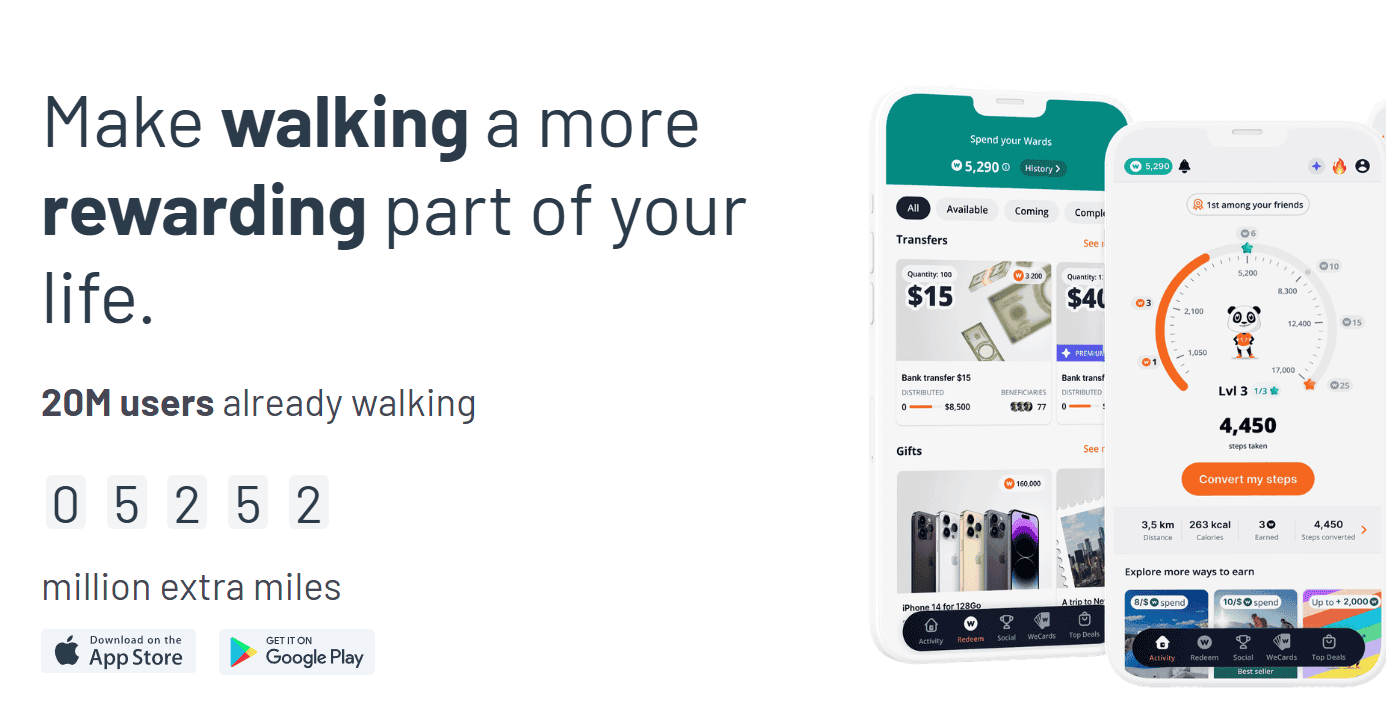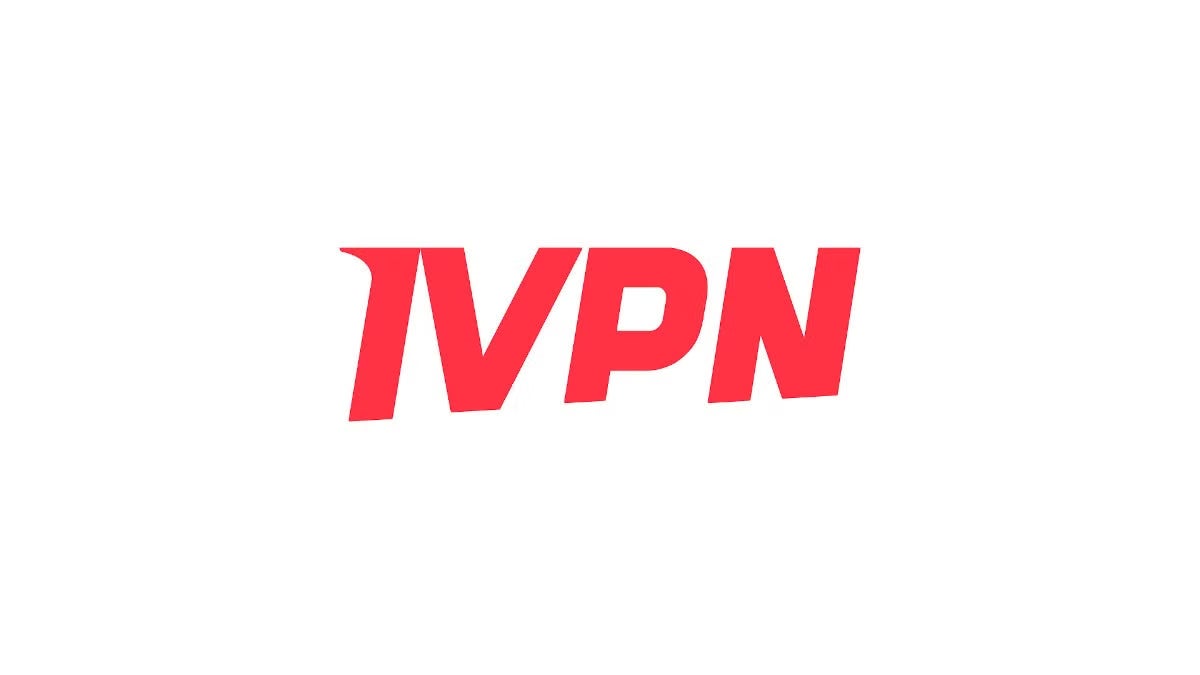Student loan refinance
High-interest rates on a student loan are a real kick in the teeth and what better way to get your own back than by opting for a product with a lower rate? Student loan refinance products are offered to students who have a decent credit score with the aim of reducing their interest rate. This is not a great option for those with federal loans, however, as you will lose the federal protections and benefits should you opt to refinance.
Your retirement options
Saving for retirement is an essential component of building wealth. It also happens to have tax and other benefits that you simply can’t get from regular savings or investments. But how do you make the decision to pay your future self when you still have debt? It will be easier to unpack that mule of a question when you understand retirement investment options a little better.
Roth and Traditional IRA
These retirement plans allow you to contribute to your retirement savings up to a certain threshold per year. In 2020 and 2021, this annual threshold was $6,000. That means that if you’re worried about paying off debt or saving towards retirement, first check that you’re not already maxed out on these contributions.
It’s worth noting that a Roth IRA also has an earnings limit of $140,000 for individuals.
401(k)
There is no cheaper way to fund your retirement than a matched 401(k). Read that again. If you have extra cash lying around and you’re not maxed out on this, you’re losing out. Let’s explain.
A matched 401(k) means that your employer will match your 401(k) contributions either fully or partly up to a certain percentage. Now just bear in mind, there is a limit of just under $20,000 per year, or 100% of your salary, whichever is the smallest.
How to pay down debt while investing
Know what your financial position is
Okay, we’ll admit it, you’re going to have some work to do. But a little bit of effort now will save you a ton of financial admin in the future. There are a few things you need to know before you can make a decision about whether to pay student loans or invest.
- What is my outstanding debt? You want to check the installments, when your last installment is due, and what the settlement amount is. This may seem like a no-brainer, but there’s a surprising amount of people who prefer to play ostrich to their debt. They’re either scared that the debt is more than they thought, or they’re embarrassed to admit that they’re probably net negative (which means their debt is more than their assets, yikes!). But here’s the thing, no one cares (or will for too long). Also, it’s not going to go away just because you don’t want to think about it.
- Which item has the highest interest rate? Who knows, your student loans might be the least of your concern. Check credit card and personal loan details too to make sure you’re focusing on the right debt. If these are off the charts, you might be a good candidate for debt consolidation.
- What am I paying each month? We want you to be conscious about your spending. You need to know what your fixed expenses are, what you’re spending on savings and investments, all your fun money, and yes, it’s important to own up to those monthly subscriptions that you haven’t used in over a year.
Use the envelope system
An envelope system is a budgeting tool that allows you to allocate all your money to payments, savings, and such. It works on the premise that, if you had cash, you would stick your dollar bills into various envelopes and then mail them off to cover the bills.
An envelope system works well because you decide the categories. While housing and utilities are a given, you can also have an envelope for lattes, entertainment, etc. Sure, you can decide that the biggest chunk of your salary goes to Target, but the point is to cover your expenses and bills, put aside money for saving and investing, and still have some fun money.
When you’ve used all your entertainment money, the idea is that it’s done. When the envelope is empty, that’s when you stop. Not only will this allow you to allocate more effectively, but it will also stop the frustrating overspending that seems to befall us when we’re low and there’s this great pair of shoes… stop!
Now, here’s the great part. You can have an envelope for additional payments to your student loans AND you can have an envelope for investments.
Choose investment options that suit your pocket
When you have to ask the question, “Should I pay off my student loans or invest?” chances are good that you’re not interested in spending a ton of cash on fees and expensive investment products.
You have two enormous financial goals and the quicker the better. That means you’re going to need options that will allow you to do both.
So out comes Ramit Sethi’s Ladder for Personal Finance. It’s a gamechanger when it comes to building wealth and vanquishing debt. And here’s how it works:
- Get that 401(k) going: It’s cheap investing and your future self will thank you.
- Slash the high-interest debt: High-interest debt just sticks around for too long. Boost your repayments to get this down fast.
- Contribute to a Roth IRA: Retirement is cheap investing, oh wait, we said it already. But hey, if it’s true it’s true.
- Max out your 401(k): You want to get the most out of this product!
- Diversify your portfolio: Start looking at other investment products such as stocks, CDs, and bonds.
The bottom line
Let’s face it, student loans are a drag. It’s only natural to want to get rid of them ASAP. But here’s the thing, we’re also getting older. Investing shouldn’t be relegated to some future date when things are peachy and the debts are done.










Leave a Comment